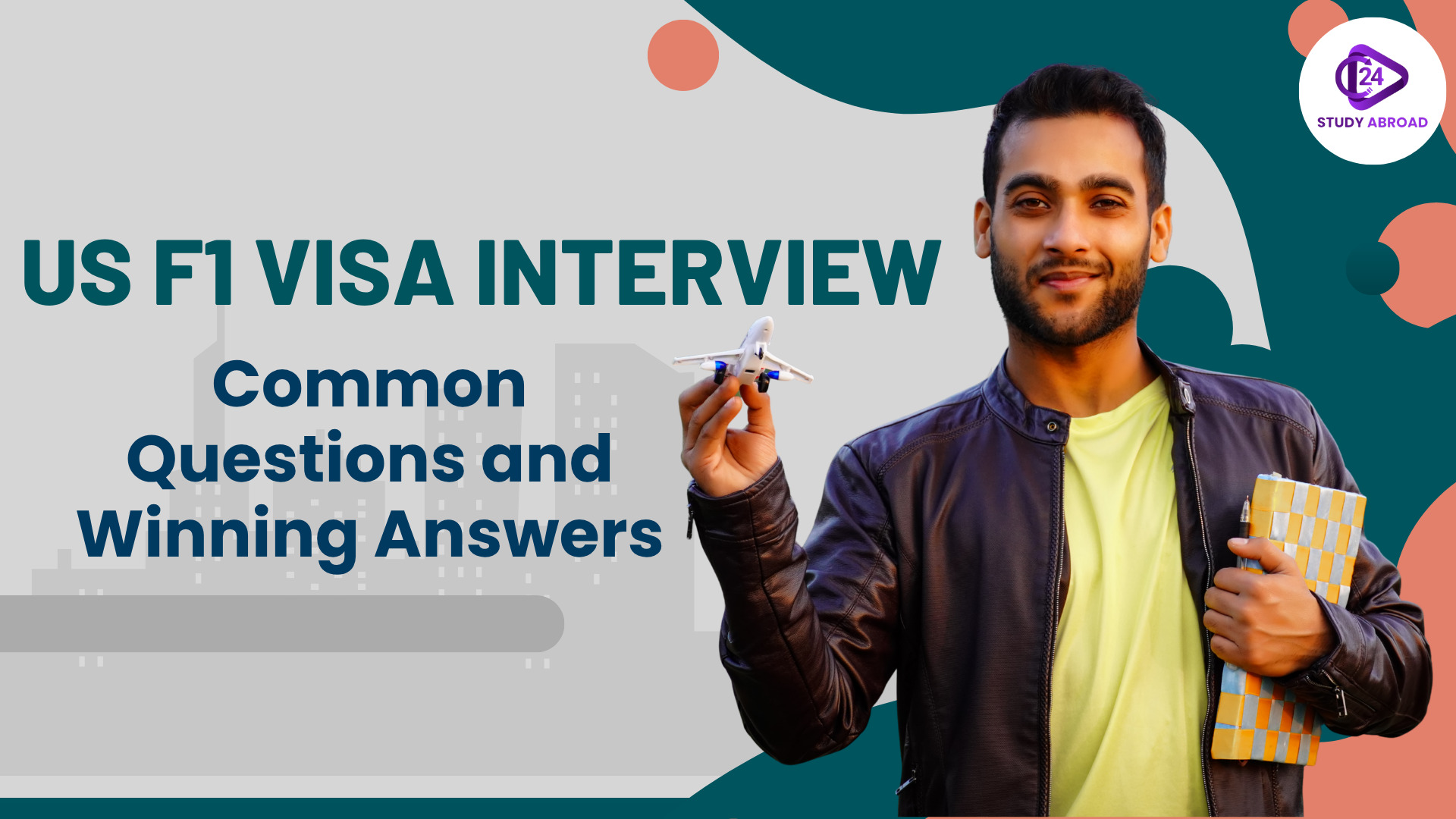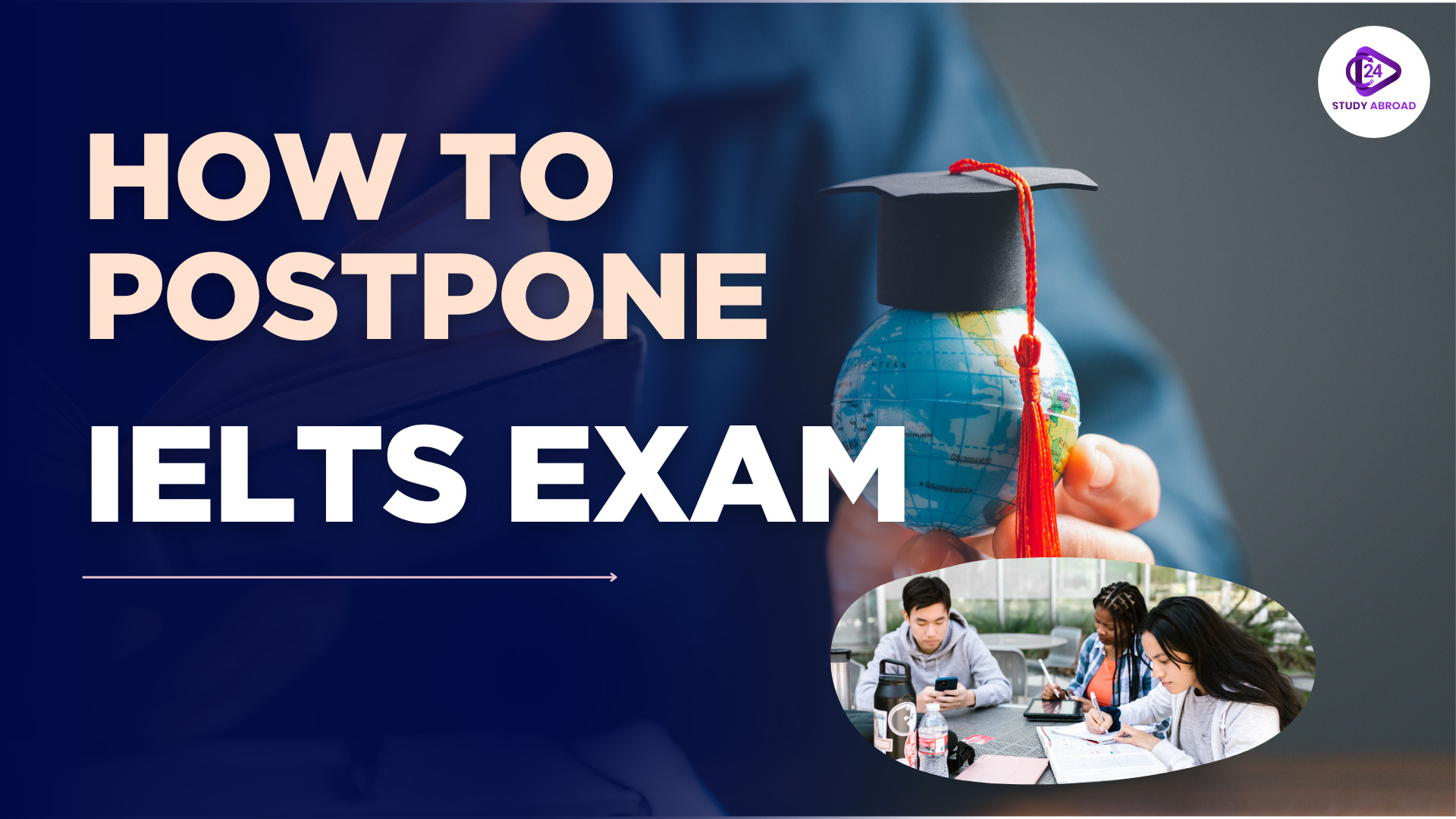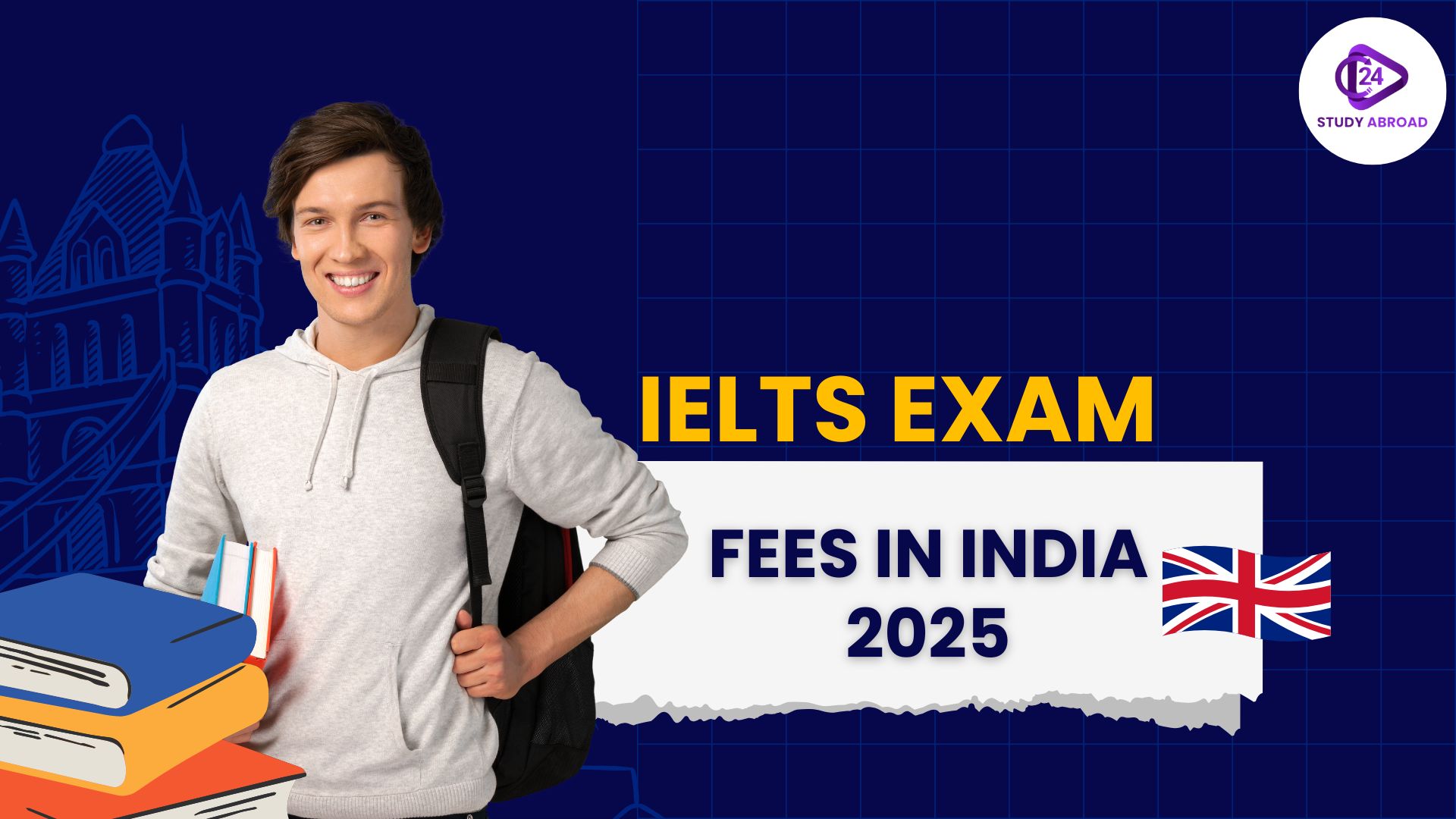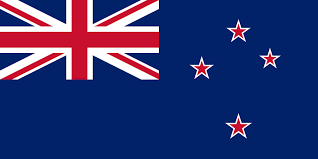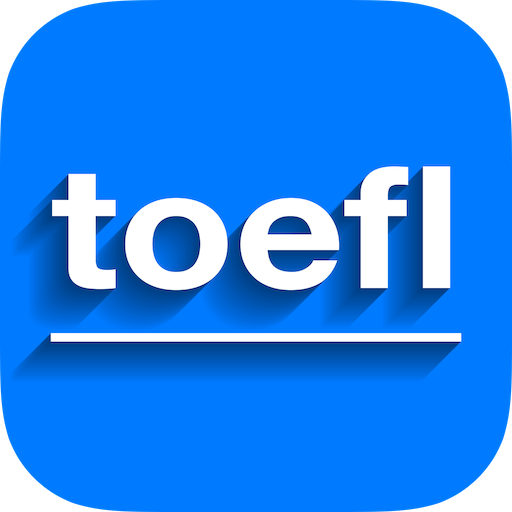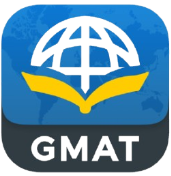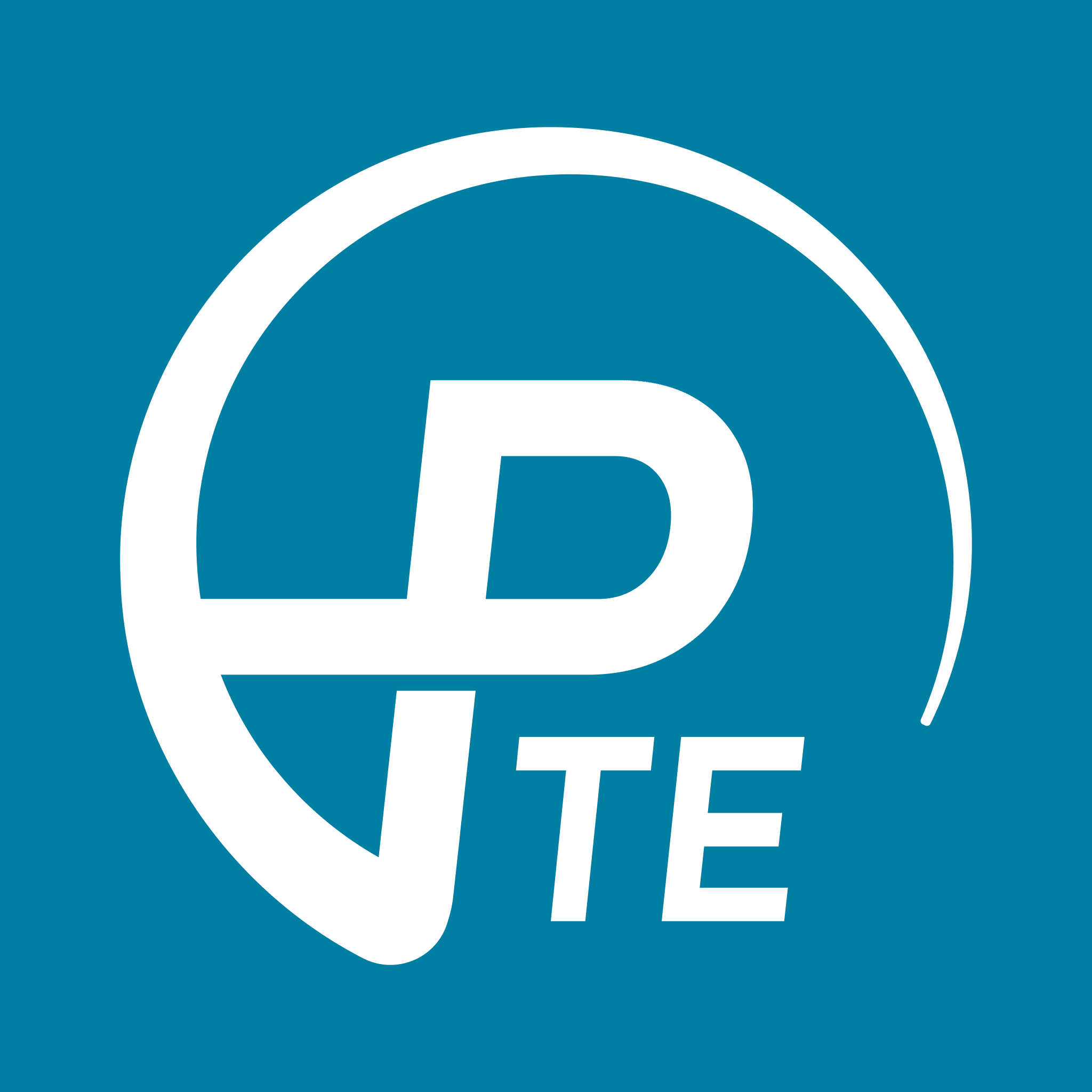The US F1 Visa Interview Common Questions and Winning Answers refers to your guide book to walk through the F1 visa interview with your head held up. International students who are eager to go to school in the United States must first obtain an F1 visa. This article will give you a detailed, US F1 Visa Interview Common Questions and Winning Answers with expert tips and the proven formats of what to say, in order to pass the interview with flying colors. Armed with valid information, well organized data and useful tips, you will be ready to nail your interview.
Also Read: Part Time Work in USA
What is US F1 Visa Interview?
The US F1 visa interview is a required procedure in the process of admitting international students into the US institutions. The interview, which is held in the U.S. embassy or consulate, evaluates your purpose, financial ability, and connections in the home country. The best thing you can do is prepare as visa officers will probe your answers to be sure you qualify for a non-immigrant student visa.
Also Read: DET accepted Universities in USA
Why Preparation Matters for the F1 Visa Interview
F1 visa interview usually takes 2-5 minutes and there is no margin of error. Visa officers pose specific questions to ascertain who you are and why you come. The best preparation is to anticipate the winning answers laced with clarity, confidence, and true desire to study in U.S. Some of the most common questions asked in an F1 visa interview may ask you include:
Common Questions Asked in an F1 Visa Interview
Here’s a breakdown of the most frequently asked F1 visa interview questions and winning answers to help you stand out.
1. Why Do You Want to Study in the United States?
Context: Question Visa officers need to ensure that you really have interest in U.S. education and that you are not using the visa to do something other than e.g. visiting relatives.
Winning Answer: I decided to study in the U.S. due to its excellent education system and state-of-the-art research available therein [your field]. The U.S. also provides certain exclusive programs such as [particular program or university feature], which best fit my career objective as I want to become a [particular profession]. I hope to go back to [home country] after my studies in order to transfer my expertise in [specific industry or role] there.”
Tip: Be precise on what you want to achieve academically and professionally. State peculiarities of the U.S program or institution.
2. Why Did You Choose This University?
Context: This question tests whether you did your research on your desired institution and have a proper explanation.
Winning Answer: My reason in choosing [University Name], is due to its good name in [specific field or program]. As an example, its [specific department, faculty, or facility] is famous for [specific achievement or ranking]. This is also in line with my courses and goals to achieve in my career towards [specific goal].”
Tip: To demonstrate a strong research, mentioning particular programs, faculty, or ranking may be used.
3. How Will You Fund Your Education?
Context: Visa members require security that you will be able to finance tuition and living expenditure without having to work illegally within the U.S.
Winning Answer: The funding of my education will come in the form of [specific funding source e.g., family savings, scholarship or education loan]. My bank statements will indicate that I have a [scholarship name] to pay [percentage] tuition and [amount] worth in savings. My sponsor, [sponsor relation], earns [amount] money yearly and will provide 100 percent financial support.”
Tip: Please carry financial documents, like bank statements or scholarships letters, to facilitate your claim.
4. What Are Your Plans After Completing Your Studies?
Context: This question clarifies the intention to go back to your home country once you finish your studies since an F1 visa is not immigrant.
Winning Answer: I will be doing [degree] then I will move back to [home country] to work in the field of [a certain industry or position]. The demand in my country is rising in [specific skill or profession] and my studies in the U.S. will prepare me to serve in [specific sector or goal].”
Tip: Stress the close connection with the country of residence, no matter whether it is family, employment opportunities, or community activity.
5. What Are Your Ties to Your Home Country?
Context: Visa officers do not want you to stay there.
Winning Answer: I am deeply rooted to [home country]: my family, and property and Our business enterprise is situated in [specified location]. Also, I intend to invest in [specific industry or community project] in my native country, where I can employ the skills that I will attain here in the U.S.”
Tip: Emphasize family, property, or profession opportunities to evidence that you will come back.
Also Read: How to Get Admission in Stanford
F1 Visa Interview Questions & Student Answers
| Question | Purpose | Winning Answer Strategy |
| Why study in the U.S.? | Assess intent and academic goals | Highlight U.S. education benefits and tie to career plans in your home country. |
| Why this university? | Verify research and fit with institution | Mention specific programs, faculty, or rankings unique to the university. |
| How will you fund your studies? | Confirm financial stability | Provide clear details of funding sources (e.g., savings, scholarships) with documentation. |
| What are your post-study plans? | Ensure non-immigrant intent | Emphasize career goals in your home country and ties to it. |
| What are your ties to your home country? | Verify intent to return | Highlight family, property, or job prospects in your home country. |
Also Read: Top-Part Time Jobs in USA
Data Insights: F1 Visa Approval Rates
As per the United States department of state, 80-85% of F1 visa applications were granted yearly in the year 2024, but this depends on the country and consulate. Planning gives great approval odds. Undocumented, indecisive purposes, or a lack of financial evidence are the most common grounds of rejections.
Also Read: How to Get Admission in Harvard Admission
Tips for a Successful F1 Visa Interview
- Be Honest, and To thePoint: Answer honestly and do not talk too much. Clear information is of importance to the visa officers.
- Practice Common Questions: Practice F1 visa interview questions so that one gets comfortable answering.
- Documentation: Take the paper of I-20, SEVIS fee receipt, financial papers and admission letters.
- Dress Professionally: This will make the impression of a professional.
- Calm: Hold eye contact, smile and talk confidently
Conclusion
To win it is necessary to prepare a US F1 Visa Interview Common Questions and Winning Answers. With an idea of the common questions asked in an F1 visa interview, good practice, and clear evidence, there is no reason not to know how to answer and pass an F1 visa interview. Emphasize education, finances, and relations with your home country to prove that you should be accepted. These tips and strategies are going to get you closer to fulfilling your dream of an education in America.
Also Read: Study in USA
US F1 Visa Interview FAQs
What are the most common F1 Visa questions which interviewers ask?
Some of the most typical questions during an F1 visa interview entail your study plan, university selection, finances, after study plans, and connections to the motherland. It is important to prepare clear honest answers.
How can I know how long an F1 Visa interview takes?
The normal length of the F1 visa interview is 2-5 minutes. Concise questions are asked by visa officers and they determine just how eligible you are.
What forms of documents am I supposed to carry, during the F1 Visa interview?
You need to bring your passport, I-20 form, SEVIS fee receipt, financial ( bank statements, scholarships letters), admission letter, and academic records.
On which F1 Visa Can I Work in the U.S?
It is also prohibited that F1 visa holders work off-campus without any authorization; however, they may work on-campus up to 20 hours per week during semester or engage in Officially Practical Training (OPT) following graduation.
What Will Occur when My F1 Visa is Denied?
In case of rejection, it is advisable to enquire on the reason by asking the visa officer, and include it in subsequent application. What is usually wrong is the lack of completion of the document or the lack of intentions. Reapply with greater preparations.
